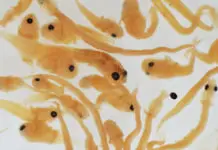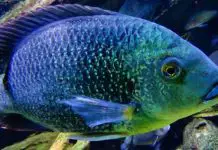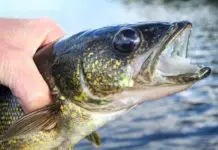
UK: The Institute of Aquaculture in Stirling is leading research to develop a user friendly genetic tool to monitor the health and performance of Atlantic salmon.
The project, which is described in the Institute’s latest newsletter, aims to identify the genetic basis of commercially important traits in salmon, and to develop DNA microarrays or“chips”, to monitor indicators of health and performance.
‘TRAITS’ (TRanscriptome Analysis of Important Traits in Salmon) is a four-year, collaborative research project between the Universities of Stirling, Aberdeen and Cardiff, the Roslin Institute and the Norwegian School of Veterinary Science, coordinated by Alan Teale, Professor of Molecular Genetics in the Institute,
Different aspects of the biology of salmon that are relevant in terms of the constraints on salmon aquaculture, including supply of contaminant-free oils for the salmon diet, protein growth efficiency, infectious disease, and a long and complex lifecycle, were studied.
In the last year, a preliminary chip was produced based on expressed sequence tag (EST) collections.
In essence, DNA chips enable a ‘snapshot’ of indicator biological processes within the fish to be assessed from small tissue samples. Initial results indicate that it will prove a valuable research tool, but could also benefit the salmon farming industry and restocking of wild salmon populations, the report said.
































